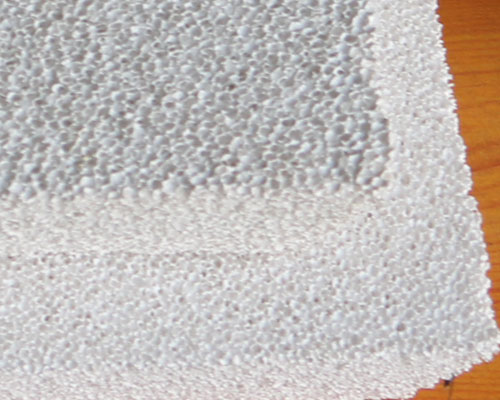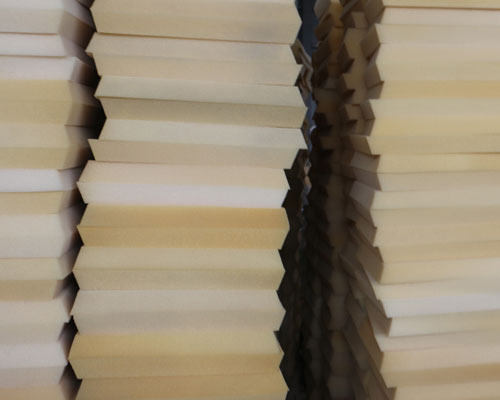The filtration of molten metal is a common practice in the industry. In particular, the use of mesh foam filters to filter molten aluminum has been widely practiced in this field. As we all know, the fire resistance and chemical stability of the filter material is essential to obtain effective inclusion particle filtration and to avoid the release of reaction products from the filter material as contaminants into the molten metal.
The use of silica as the refractory foam material would be desirable because it tends to be inexpensive and easy to process. Silica also has low thermal expansion and compression modulus. Unfortunately, it is known to have high reactivity in molten aluminum alloys, especially in magnesium-containing alloys.
The presence of silica in the particulate material of the reticulated foam filter is easily corroded by aluminum or magnesium. Avoid using silica when filtering molten aluminum, magnesium or their alloys.
There has long been a need for a refractory material that is relatively cheap, strong under filtration conditions, non-reactive, and can be used in a variety of aluminum alloys, especially including magnesium-containing aluminum alloys.

Reticulated foam filters using alumina aggregate particles have been commonly used to filter aluminum and aluminum alloys. High-purity sintered bonded alumina filters using alumina hydrate bonding systems are also well known. These filters exhibit excellent chemical resistance to magnesium attacks.
AdTech specially designed Ceramic Foam Filters are made of the basic raw material Aluminium Oxide. Our alumina ceramic foam filter uses good portiforium foam and high purity ceramic as raw material, can remove non-metal solid mixture from molten aluminum and aluminum alloy effectively in your aluminum casting industry.
They are manufactured with porosities varying from 10 to 60 pores per inch (PPI). Also, combo sets are made in 20-30 PPI and other selections are possible. Different sizes and custom-made filters are manufactured according to specifications.

